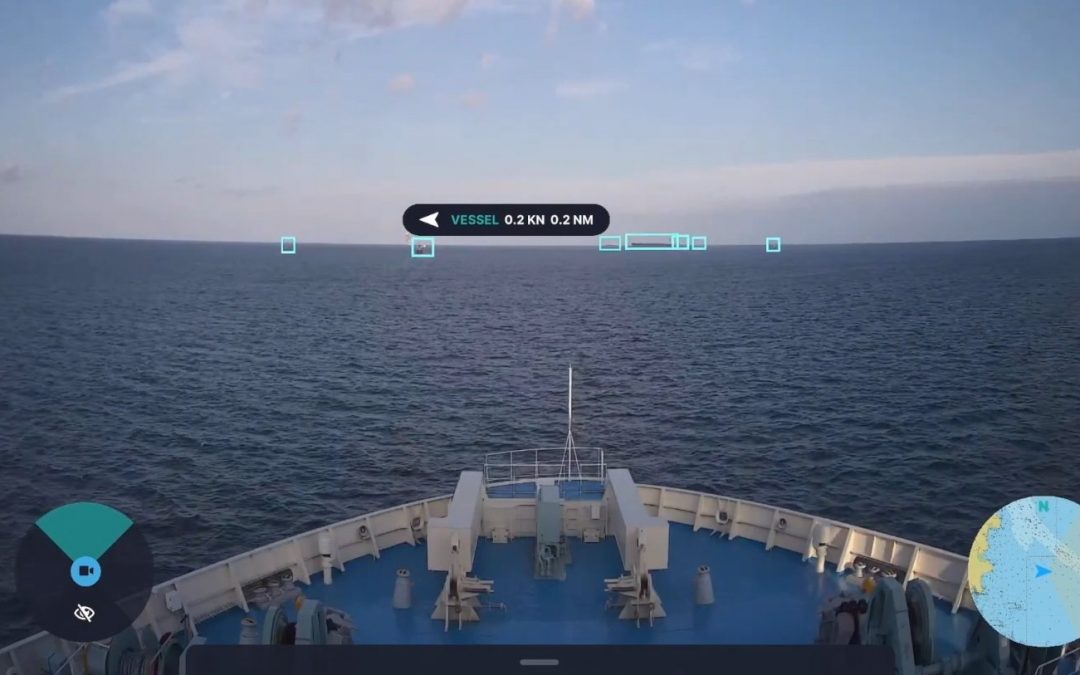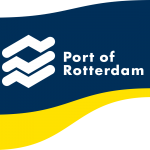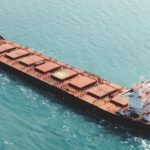Japanese shipping firm Mitsui O.S.K. Lines (MOL) and its compatriot maritime technology company JRCS are planning to jointly research the use of AI-based object recognition technology to support watchkeeping aboard vessels.
The companies intend to research the possibility of using JRCS’s AI-based object recognition (Computer Vision) technology using camera imaging for watchkeeping, with the goal of reducing the mental burden on seafarers and further improving safety.
Specifically, the JRCS product infoceanus command which uses its proprietary Computer Vision will be installed aboard a MOL vessel to verify its technical capability to recognize objects, including targets undetectable using currently available nautical instruments, and its effectiveness in supporting ship operation while underway.
As informed, MOL and JRCS will conduct a verification test to confirm the equipment’s effectiveness at night and in low-visibility environments, particularly in situations that are stressful for seafarers.
This will help seafarers estimate other vessels’ positions, travel directions, and speeds, as well as the distance between them and their own vessel, with the ultimate goal of recognizing such objects during autonomous sailing.
“Using JRCS’s unique Computer Vision technology, vessels that are not equipped with automatic identification system (AIS), as well as buoys and debris in the water can be detected and displayed on the screen based on live video. In addition, the display indicates the type of objects, the distance between them and the vessel, and relative speed”, the companies explained.
Additionally, information on currently available nautical instruments and AIS and electronic charts, which are indispensable during a voyage, are integrated into a portable tablet device to ensure intuitive operation.
MOL and JRCS aim to further support ship operation and safety by reflecting the results gained in the verification in product development.
In the company-related news, MOL and its group company MOL Information Systems started the operation of a support system for car carrier allocation planning based on mathematical optimization earlier this year.
This type of system is expected to enable speedy decision-making and greater flexibility in meeting changes in transport demand.
Source: Offshore Energy






